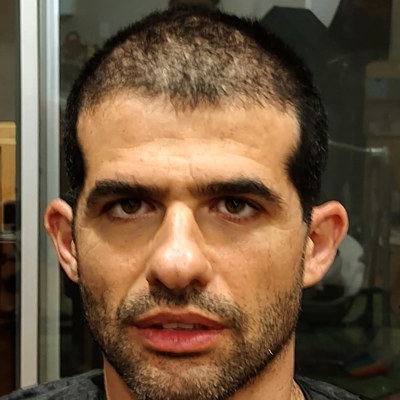Session
Route Planning for Blind and Vision Impaired Pedestrians using OpenStreetMap
Millions of people around the world are visually impaired or completely blind . This group audience need to cope with many challenges on a day-to-day basis, some of which are related to traveling and exploring the urban space. Since wayfinding is mainly constructed through the visual channel, blind pedestrians experience many unique challenges from the lack of information about the space they traverse, severely restricting their mobility and independence, impairing their quality of life. In this research, we examine the possibility of using OpenStreetMap to map geospatial data relevant to blind pedestrians. This data is then used to calculate optimized walking routes that satisfy their unique preferences and requirements. An in-depth investigation, observations, and interviews with Orientation and Mobility instructors, as well as with blind people, led to a clear definition of the spatial criteria that best reflect aspects of mobility, accessibility, and safety. These include, among others, the geometric complexity of the route, the type of the route, the existence of landmarks and traffic signals along the route. Controlled iterative experiments led to the definition of weighted graph criteria, used for the development of a route calculation software that recommends the optimized route for blind pedestrians. The developed software was tested for a number of routes with blind volunteers and Orientation and Mobility instructors. The results proved that not only the routes recommended by the software were identical to the routes defined by the experienced Orientation and Mobility instructor, but also the participants noted that in most cases the route chosen by the software was more accessible and safer to walk than the route calculated by a commercial software. The findings of this research indicate that this solution is effective and useful, utilizing OpenStreetMap for the benefit of blind people, which can improve their lives in terms of mobility, accessibility, and independence, assisting them to integrate into society.
Please note that Sessionize is not responsible for the accuracy or validity of the data provided by speakers. If you suspect this profile to be fake or spam, please let us know.
Jump to top
